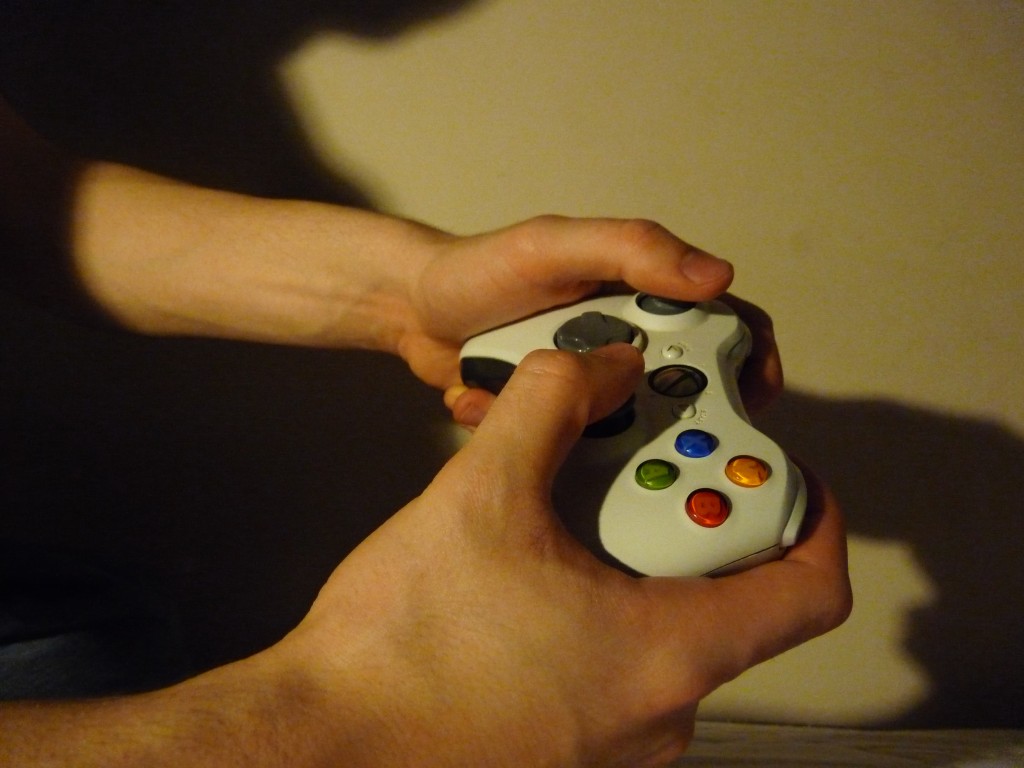Posts Tagged ‘Rise-of-Nations’
Learning with Video Games: A Revolution in Education and Training?
In recent years, we have witnessed the beginnings of a revolution in education. Technology has fundamentally altered the way we do many things in daily life, but it is just starting to make headway in changing the way we teach. Just as television shows like Sesame Street enhanced the passive learning of information for kids…
Read MoreBrain Games and Training for Baby Boomers: News Round-Up
Round-up of recent news with a variety of angles, from the effects of gaming to cognitive training for driving skills and brain fitness classes. Seniors use brain training software to sharpen their minds (Dallas Morning News) — “Allstate Insurance has invited some policyholders and other older drivers to try InSight so researchers can evaluate whether the…
Read MoreNintendo Brain Age/ Training vs. Crossword Puzzles
Nintendo brain-trainer ‘no better than pencil and paper’ (The Times): “The survey of ten-year-old children found no evidence to support claims in Nintendo’s advertising campaign, featuring Nicole Kidman, that users can test and rejuvenate their grey cells. The Nintendo DS is a technological jewel. As a game it’s fine, said Alain Lieury, professor of cognitive psychology…
Read MoreAre videogames good for YOU? Depends on who YOU are
Two recent scientific studies published by Dr. Arthur Kramer and colleagues present fascinating results. The two studies are: 1) Basak C, et al “Can training in a real-time strategy video game attenuate cognitive decline in older adults?” Psychol Aging 2008; DOI: 10.1037/a0013494. 2) Boot, W. R., Kramer, A. F., Simons, D. J., Fabiani, M. & Gratton,…
Read MoreGames for Brain Health — Novelty, Variety and Challenge
Landmark study just published: Basak C, et al “Can training in a real-time strategy video game attenuate cognitive decline in older adults?” Psychol Aging 2008; DOI: 10.1037/a0013494. Playing computer games improves brain power of older adults, claim scientists (Telegraph) — The team at the University of Illinois recruited 40 adults over 60 years old, half…
Read MoreDr. Art Kramer on Why We Need Walking Book Clubs to Enhance Cognitive Fitness and Brain Health
Dr. Arthur Kramer is a Professor in the University of Illinois Department of Psychology, the Campus Neuroscience Program, the Beckman Institute, and the Director of the Biomedical Imaging Center at the University of Illinois. I am honored to interview him today. Dr. Kramer, thank you for your time. Let’ start by trying to clarify some existing…
Read More
